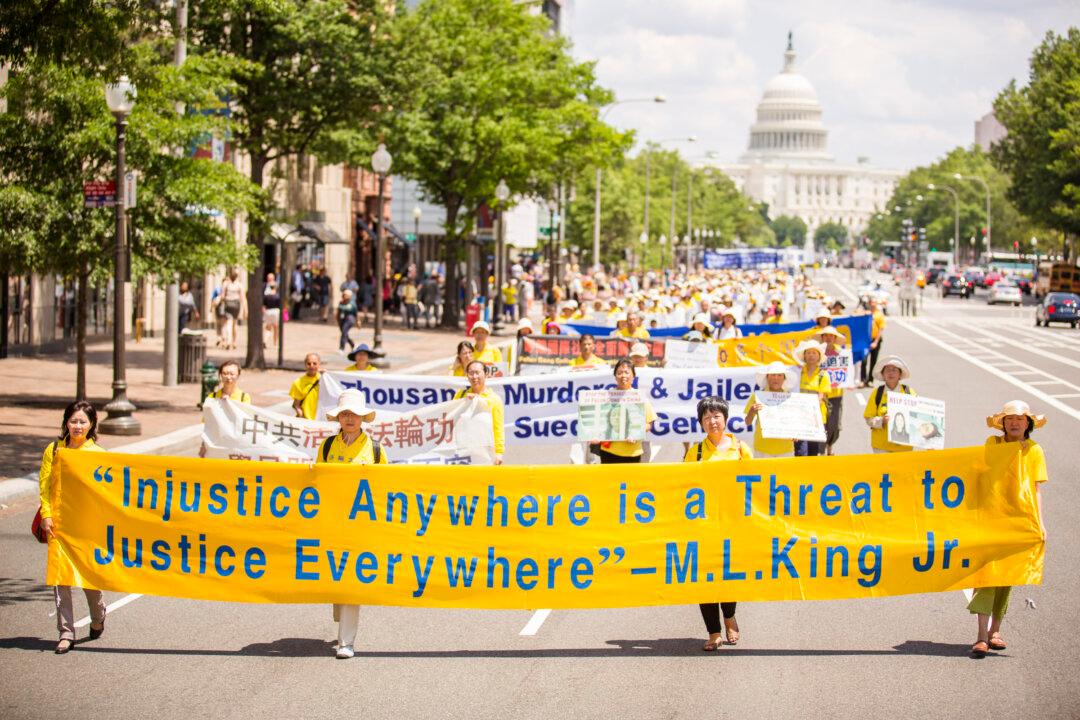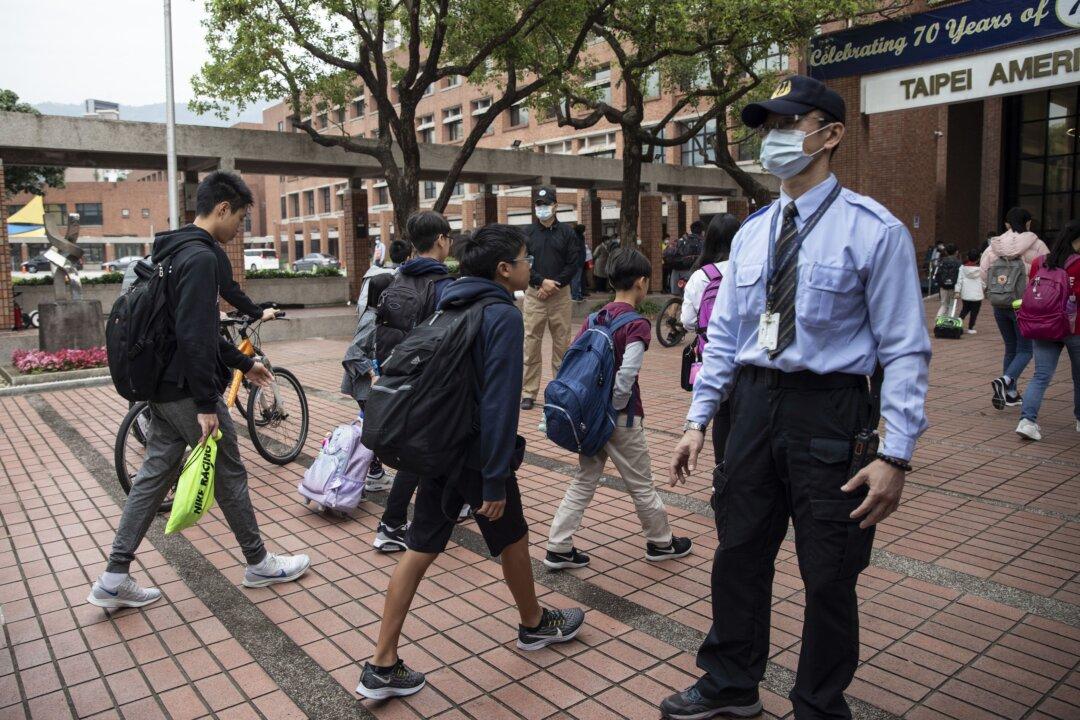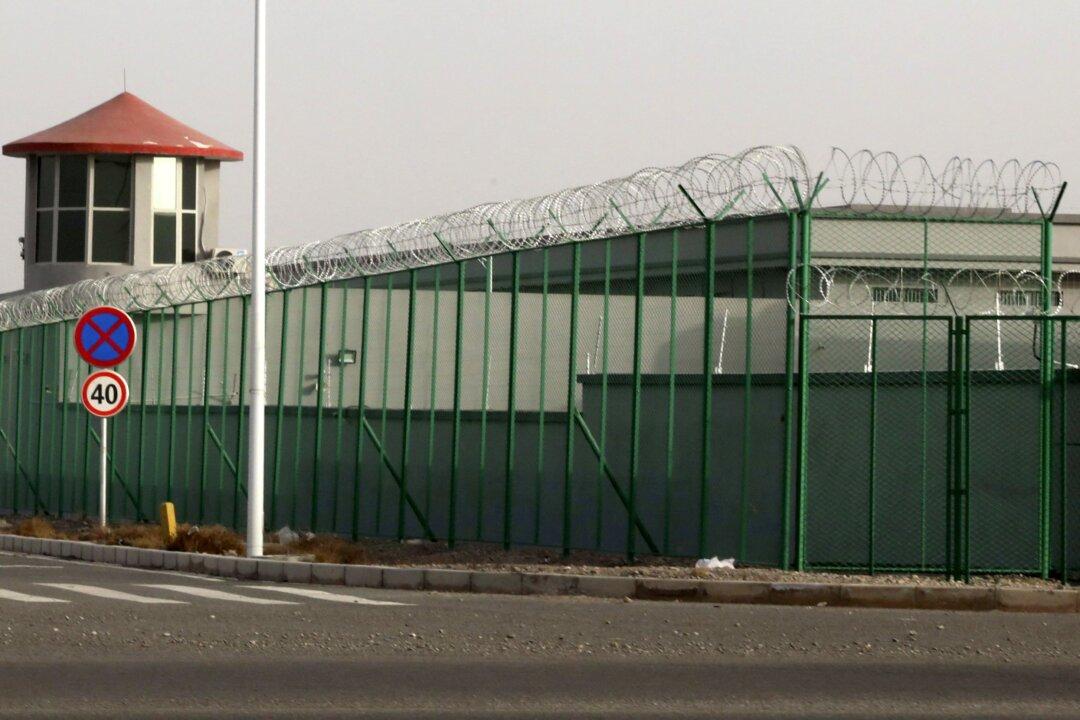A 2011 Pew Forum study estimated that Christians then numbered about 2.1 billion worldwide. According to the International Society for Human Rights, a secular group with members in 38 countries, 80 percent of all acts of religious discrimination in the world today are directed at Christians. Pew Research adds that hostility to Christianity reached a new high in 2012, when Christians faced some form of discrimination in 139 countries, almost three-quarters of the world’s nations.
According to author Paul Marshall, Latin America is now one of the regions where people are most free to practice their faith. The countries of central Europe, except for those of former Yugoslavia, have in recent years also been largely spared religious persecution. There are many religiously free countries in Africa and among Asia-Pacific nations. Marshall adds, “In standardized country surveys produced for the Center for Religious Freedom, South Korea, Taiwan, Japan, South Africa, Botswana, Mali, and Namibia are religiously more free than France and Belgium…”
Open Doors, a Christian organization, publishes an annual listing of countries where people are least free to follow their faith. At the top is North Korea, followed by Iran, Afghanistan, Saudi Arabia, Somalia, the Maldives, Yemen, Iraq, Uzbekistan, Laos, and Pakistan. Some very brief comments about three on the list and one that is not follow:
Saudi Arabia
Saudi Arabia, having more than one million Christian foreign workers, bans churches and private acts of Christian prayer. The previous monarch permitted his religious police to raid private Christian religious gatherings and to bring members up on charges of “blasphemy.”
The spread of Saudi Wahhabism is clearly the cause of many international violence problems today. The historian Bernard Lewis for one has documented how the Wahhabis gained influence in the Saudi Kingdom: “... oil money has enabled them (to establish a network of well-endowed schools and colleges) to spread this fanatical, destructive form of Islam all over the Muslim world and among Muslims in the West.”
Iran
There is much international concern about approximately 300,000 Baha'is in Iran because they have no legal rights, and their entire leadership remains in prison. Sunni Muslims are treated badly. Dozens of Christians have been arrested and jailed for attempting to worship.





